Learn To Buy In Bulk
Most consumers know buying in bulk has its perks. With the growth of warehouse stores, like Sam’s Club and Costco, it is no secret people like to buy more so they can save money in the long run. While these warehouse giants cater to consumers and small businesses, garden center retailers can also benefit from buying in bulk. All it takes is some homework and advance planning, and your business may be able to benefit from using this procurement method.
Low prices are definitely the biggest motivator, but bulk purchasing has many other benefits that aren’t always considered. Keep in mind buying products in bulk must be done carefully, and research should be done ahead of time. Like anything else, preparation is what can make or break your bulk-buying experience.
Choosing The Product
Containers are one of the most popular garden center items purchased in bulk, because pots and planters are sold throughout the year. Charlie Cole, general manager, Cole’s Garden Centers, Concord, N.H., buys pottery in bulk because it is a safer buy. Pottery doesn’t go bad, and he knows he can sell leftovers the next year.
Ellen May, executive director, ECGC Distributors, Charles Town, W.V., purchases pottery in bulk, but she also buys seasonal items, such as Christmas trees and lights, in large quantities. Keeping seasonal items in stock is a great idea, because they are sold every year and can be stored for next season.
When choosing which products to buy in bulk, keep in mind what products sell all year long. If a product sells well in January and doesn’t sell at all in February or March, you probably shouldn’t be purchasing large quantities of that item. Look at your product sales for the past year. Did any particular product sell every single month? If so, you might want to consider buying it in bulk.
Look Overseas
You may work with suppliers and vendors in the United States, but many garden centers, like Cole’s, have found that buying in bulk overseas has proven to be beneficial for their businesses. “The price is so good compared to the dealers in the United States,” said Cole, “it cuts out a lot of the middlemen. Plus, it’s direct shipment, right to the door.”
Selection is another advantage when making bulk purchases overseas. Different countries make different product styles. What you find in the United States may be completely different than what you will find in Europe or Asia, which is where Cole finds many of his pots and planters. Also, you will probably have products that neighboring garden centers don’t have when you buy them from other countries. “It is a competitive advantage to have product that your immediate competitors do not have,” said May. “By purchasing overseas, there is tremendous quality and size. It is just very beneficial.”
There is also a challenge to making large purchases overseas: The legal aspects can become an issue. “The Department of Commerce is starting to do investigations. Terrorism has become an issue, along with what kind of packing materials are acceptable,” said May. She suggested using a good importer who knows how to handle these issues to avoid extra headaches.
Planning For Shipment
One of the challenges that goes along with bulk buying is scheduling deliveries. Cole had an eye-opening experience when ordering a large shipment of pottery for his garden center. “When I opened the back door, it was all just stacked boxes,” said Cole. “Probably a third of the trailer was loose.” That meant a lot of labor for Cole and his crew. And the shipping company only gives you a certain amount of time to unload a trailer before they start charging you, he said.
Depending on the size of your garden center, storage can also be an issue. You never want to buy so much product that you don’t have anywhere to store it. Make sure you have some kind of storage strategy. With pottery, Cole is able to leave leftover pottery outside. He just covers up the products to avoid damage. “Plan for the worst,” said Cole. “If it doesn’t sell, make sure you have room to store it for another season.”
One popular strategy for avoiding storage issues is sharing bulk products with other retailers. This can be a double-edged sword, though: It helps you lower the cost by splitting the purchase, but this tactic forces you to share your product with the competition. Because of this, May will not pursue any import opportunities unless she can fill containers. Cole, on the other hand, has been talking with retailers about possibly breaking up a trailer. Using a full trailer is actually cheaper than a half trailer and, thus, saves a lot in shipping costs. He avoids losing his competitive advantage by being careful not to split products with neighboring garden centers. If you choose to use this approach, it is wise to be selective in who you choose to share products with.
The Bottom Line
We live in a world where trends are constantly changing. How do you know an item that is hot now is going to sell a year from now? You don’t want to buy an overly trendy item that may go out of style in a few months, but you also don’t want to buy an item that is unoriginal or bland. There is no way to know for sure what is going to sell, which is why buying products in large quantities can be tricky. But that is just a risk you may want to take, because, in the end, it may pay off. The bottom line is this: Buying in bulk is not something that should be done without preparation. Do your homework and explore your options. In the long run, you may be able to save money, and your customers will be pleased with the selection.



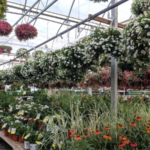
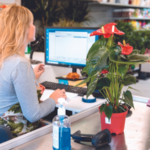

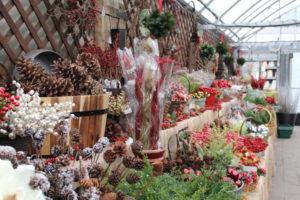
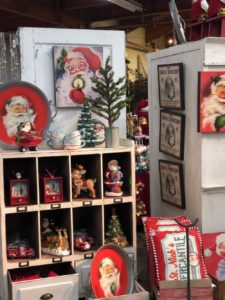

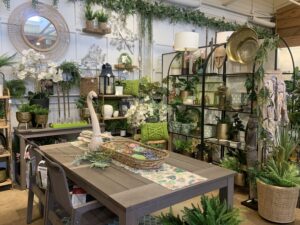
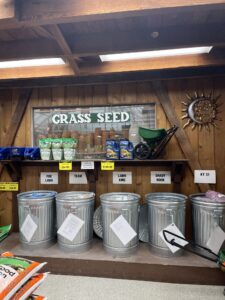
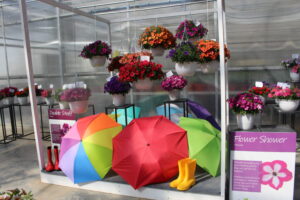
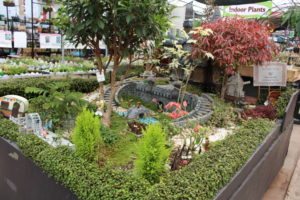
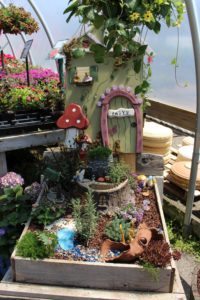
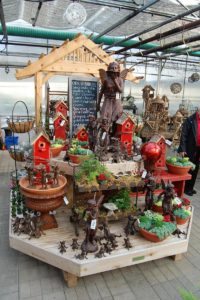

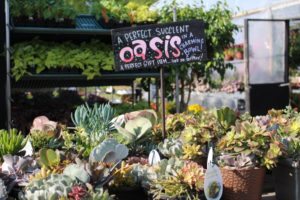
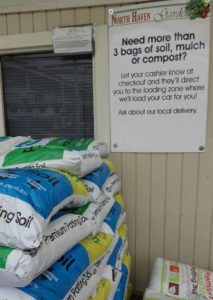
 Videos
Videos





